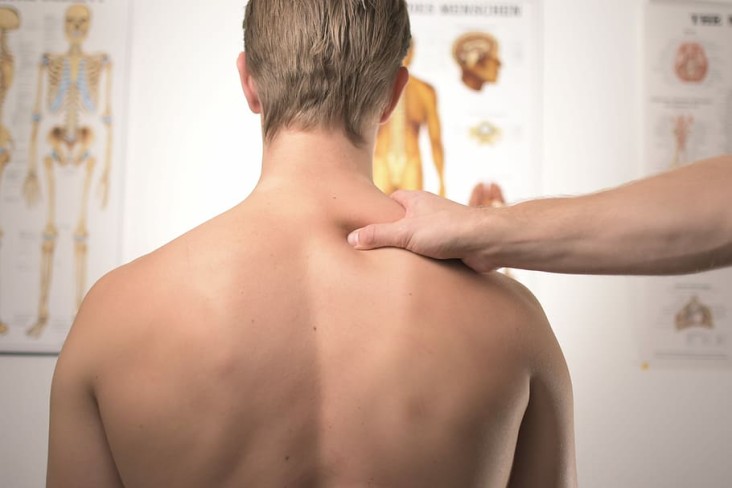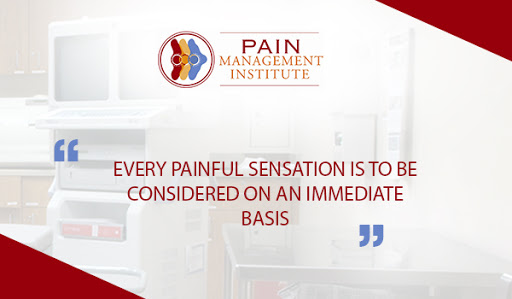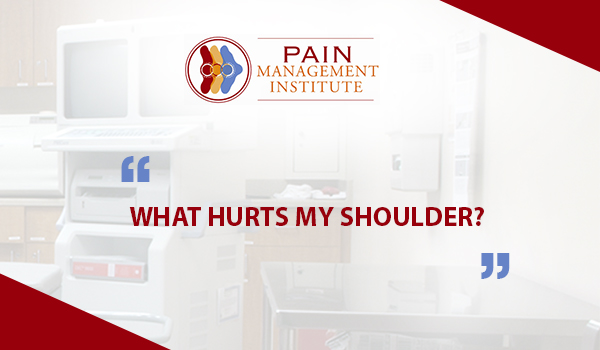The shoulder has a wide range of motion. When something goes wrong with your shoulder, it disturbs your ability to move freely also it can cause a great deal of pain and discomfort. Shoulder has three main bones; the humerus, the clavicle, and the scapula. Shoulder is basically a ball-and-socket joint. Layer of cartilage cushioned these bones.
What causes shoulder pain?
Shoulder joint is the most mobile joint of human body. It moves the shoulder upward and backward, in a circular motion and up and away from the body. Since shoulder is such a mobile joint so it tends to be more susceptible to injury or pain.
Several factors and conditions can contribute to shoulder pain. The most prevalent cause is rotator cuff tendinitis. Rotator cuff is a group of muscles and tendons that help your shoulder to gather into the socket and allow you to move it in a circular motion. Tears or inflammation can occur in your rotator cuff and cause pain or stiffness in your shoulder.
Dislocation of shoulder can also happen. If you move or pulled up your shoulder too hard, the top of your arm might pop out of its socket and you will pain and weakness in your shoulder.
Pinched nerve in the neck or shoulder can also be the reason of shoulder pain.
Humerus bone can also break if you fall and take hard hit and causes pain in your shoulder.
The condition that limits your joint movement is termed as freezing shoulder. It restricts your joint movement and stops you from moving your joint freely.
Degenerative joint disease; osteoarthritis, it can affect the joint of your shoulder. The cartilage between bones breaks down, and they rub together. This can cause pain and stiffness.
Chronic shoulder pain
If your shoulder pain is always with you and it disturbs your daily activities like driving, writing or any other activities of yours then you need to concern a doctor. If you ignore your pain then it could be chronic or long-lasting and will irritate you.
Treatments
If you are continuously suffering from shoulder pain then you should treat it in a proper way so it can’t become more serious. Treatment will depend on the cause and severity of the shoulder pain. Some treatment options include physical or occupational therapy, a sling or shoulder immobilizer, or surgery.
Most common treatment is the use of nonsteroidal anti-inflammatory medicines (NSAIDS). They help to relieve pain and lower inflammation.
Cold pack can also reduce swelling of your shoulder. Apply a cold pack for 10 to 20 minutes at the exact point of your pain can help you to relieve pain.
Heat helps to relax tense muscles and soothe a stiff shoulder. Using a heating pack is also a good option. You can also go to a physiotherapist for proper care.
If patients have a poor response to initial treatment for chronic shoulder disorders, corticosteroid injections combined with a local anesthetic can be used to relieve the pain. Injections to be beneficial, particularly for short-term decreases in pain and increases in function
Most chronic shoulder problems can be treated with medications, physical therapy and injections. But if your symptoms get worsen after six to 12 weeks of directed treatment you should contact to an orthopedic specialist. Patients with continued instability or disabling pain that is not responsive to any initial conservative measures may require surgery.
Pain management institute is helping people to cure acute and chronic long term pain to resume a normal life style. PMI has provided many treatments like stem cell therapy.
For more details call on 815-412-6174







